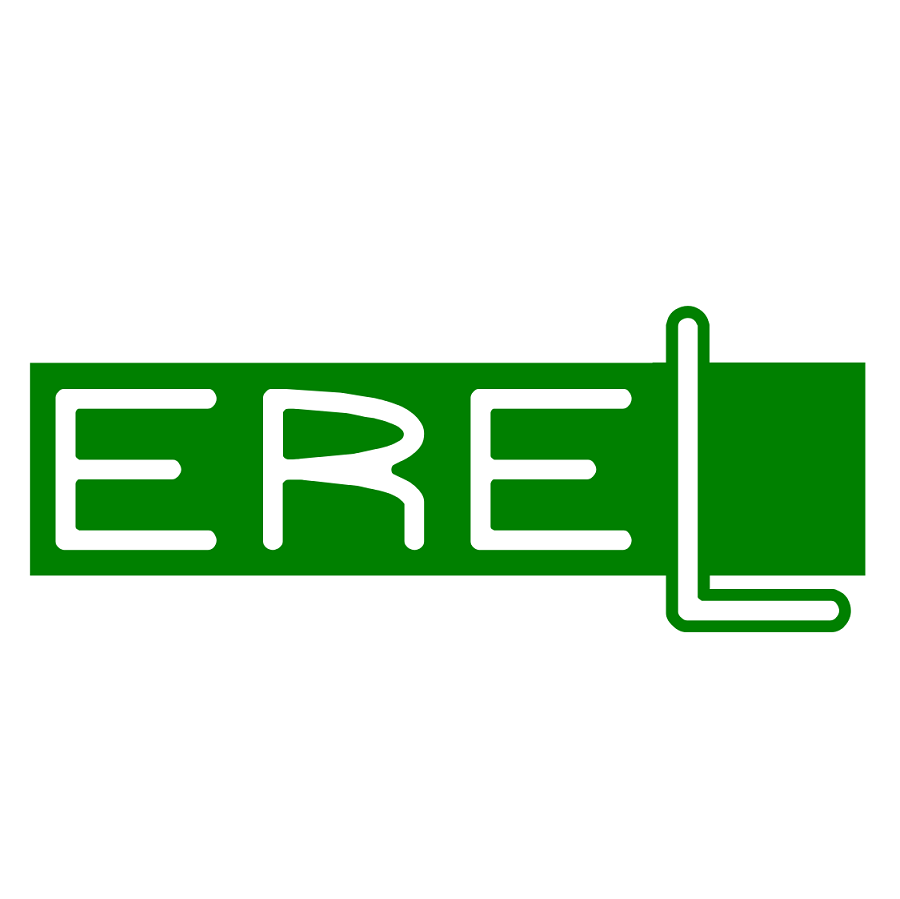Description
The Environmental Research Laboratory (EREL) has a well-established position in the fields of climate, environmental and energy research, with primary aim to contribute to different aspects of environmental protection and sustainable development priorities through diverse modelling and experimental activities in the following main research areas.
Environmental/climate change and air pollution / hazardous substances impact assessment
EREL follows a comprehensive R&D approach to the environment – climate change – atmospheric pollution assessment integrating a number of topics and modelling methodologies.
- Regional climate modeling systems
- Statistical & dynamical Downscaling
- Seasonal 2 Subseasonal predictions (1-6 months)
- Very high resolution climate modeling for Greece (@5km spatial resolution)
- Understanding and processing of weather and climate patterns
- Statistical analysis of climate extremes
- Study of compound events
- Causality and attribution of climate patterns
- Environmental Impact Assessment of Climate Change and Extreme Events (fires, floods, sea waves, etc.) on Infrastructures, Society & Economy (tourism, agriculture, cultural heritage), Energy Sector (renewable energy), including the provision of climate services
- Climate mitigation / adaptation and disaster risk reduction
- Hydro-meteorological analysis of complex risks – Emergency response plans
- Resilience of communities, cities and interconnected critical infrastructures
- Extreme weather / climate related risks
- Development of environmental-energy-economic models based on the Input-Output Analysis
- Modelling of hazardous atmospheric pollutants dispersion
- Environmental Computational Fluid Dynamics supported by diagnostic meteorological models, including data assimilation methodologies
- Nuclear / radiological, chemical, toxic, inert or buoyant, gas or particle pollutants dispersion in complex topography and / or geometry (e.g., urban areas), on all spatial scales
- Operation of the JRODOS (Java-based, Real-time On-line DecisiOn Support) European system for nuclear emergencies and development of integrated computational modules
- “Inverse” modelling for localization and quantification of unknown sources of hazardous atmospheric pollutants in urban areas and large spatial scales
- Modelling of concentration fluctuations and exposure quantification
- Quantification / assessment of dispersion model uncertainties
Clean energy transition/ Hydrogen technologies
In line with the increasing attention to hydrogen technologies, considered to be a crucial component for the transformation of the global energy sector, EREL has developed extensive activities on solid state hydrogen storage systems for stationary, portable and transport applications as well as hydrogen safety issues.
- Hydrogen storage
- Development/testing of H2 storage materials (nanoporous sorbents, metal hydrides, composites etc.)
- Integration and thermal coupling of H2 storage and fuel cell systems
- Metal Hydride hydrogen compression
- Design, construction, testing of H2 compression systems
- Development & operation of a Ηydrogen Refueling Station (HRS) for small vehicles using metal hydride thermal compression. The H2TRANS project is funded under the call RESEARCH – CREATE – INNOVATE (T1EDK-05294).
- Hydrogen safety
- Safety analysis simulating H2 release, dispersion and combustion phenomena using in-house (ADREA-HF) and open source CFD codes (e.g. OpenFoaM) accounting for all types of H2 storage (gaseous compressed, liquid, cryo-compressed, solid storage) in a broad range of hydrogen uses (H2 fuelled vehicles / trains, H2 refuelling stations, fuel cells) in complex environments, at various levels of confinement (open space, urban, tunnel, garage, maintenance shop, etc.)
- Development of related safety engineering tools to assist engineers and authorities
- Extension to other alternative fuels (e.g. ammonia)
- Design and optimisation of hybrid RES-hydrogen autonomous power systems (for islands, isolated communities and sites, etc.)
Assessing chemical hazards of conventional infrastructure
In line with the need to serve the growth of the existing energy – environment industry in the country in a safe and efficient manner EREL has developed extensive expertise in the fields of industrial safety as well as tunnel safety.
- Industrial safety
- Assessment of chemical hazards/consequences from accidents with storage/use of conventional dangerous substances (hydrocarbons, chlorine, ammonia, argon, etc.) in complex industrial environments, using in-house CFD code ADREA-HF.
- Tunnel safety
- Assessment of chemical hazards/consequences from conventional vehicle accidents in tunnels using open source CFD code FDS as well as in-house CFD code ADREA-HF.
Reducing the environmental impact of industrial processes
EREL has devoted significant effort on developing methodologies (also in collaboration with the Institute of Nanoscience and Nanotechnology) for improving different industrial processes, an important parameter for meeting climate change targets. Emphasis has been given on supporting the development of clean and more efficient processes for energy-intensive industries (e.g. gas and oil industry), by e.g.
- Experimental and numerical studies of key processes (sorption, diffusion, multiphase flow) as well as development of effective sorbent systems for gas (H2, CO2, CH4, biogas etc.) storage/separation applications (e.g. carbon capture, transport and storage; natural gas/biogas upgrading; gas purification; geologic gas storage)
- Underground reservoir modelling and characterization – tracer technologies for enhanced oil recovery
Resilience of interconnected critical infrastructures
EREL has established unique expertise in the field of risk and resilience assessment of heterogeneous critical infrastructures (energy, water, transportation, telecoms, health, finance, nuclear, cyber, maritime) and entities.
- Risk Modelling of infrastructures leading to Resilience Assessment and Indicators,
- Physical protection of sites and facilities
- Threat assessment based upon the “all hazards” approach





